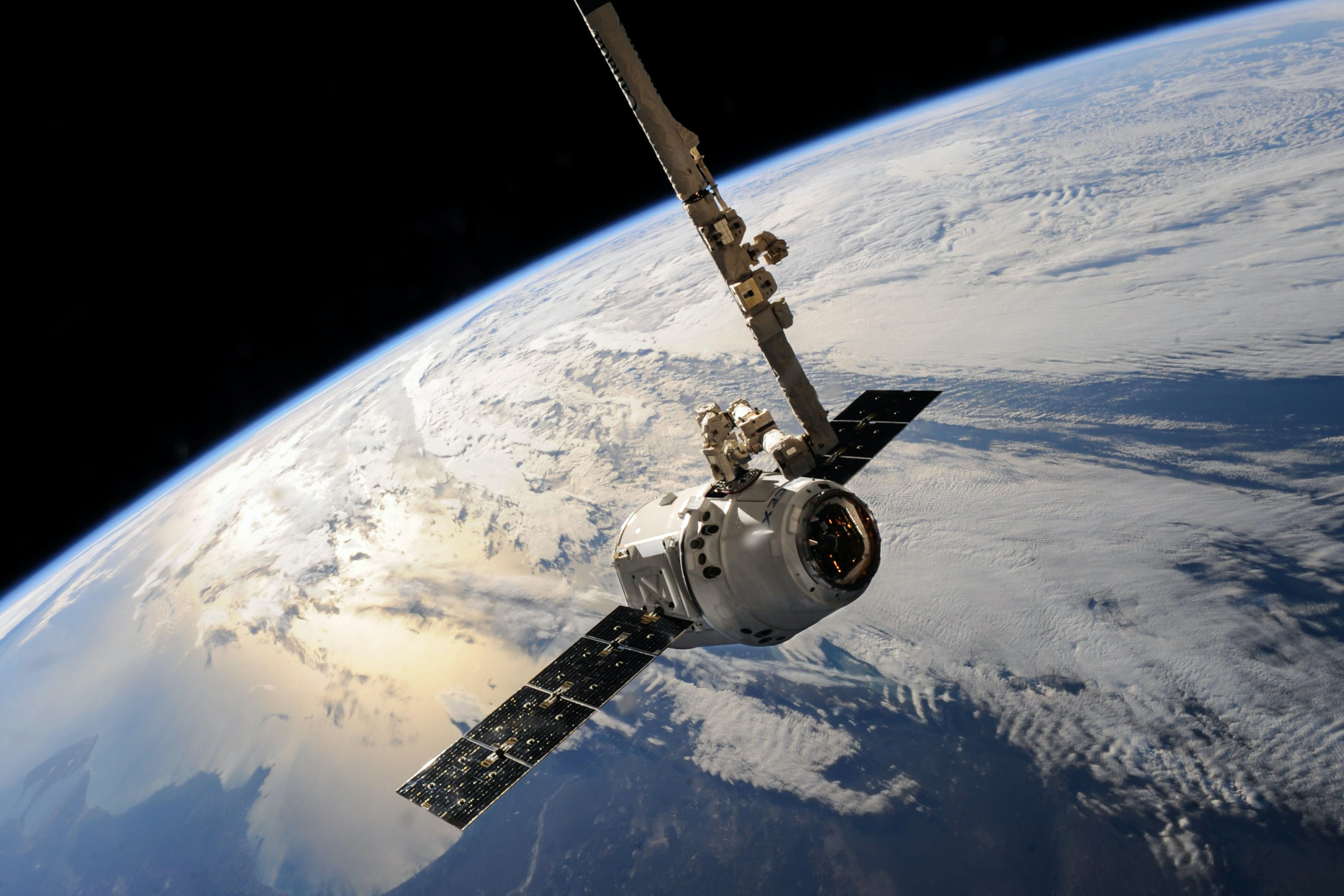March 8, 2023
Climate Change and the Mutant Seed Space Race: A New Frontier in Tackling Global Crisis
Book a Demo
Climate change is one of the most pressing issues of our time, and scientists and researchers all around the world are working hard to come up with solutions to tackle this global crisis. In recent years, the focus has been on finding ways to adapt to the changing climate and mitigate its effects. One such solution that has gained popularity in recent years is the use of mutant seeds. These seeds are genetically modified to adapt to the changing climate and can thrive in harsher conditions.
Recently, it has been reported that a mutant seed space race is underway, as countries around the world compete to develop and launch their own mutant seeds into space. The goal is to expose these seeds to high levels of radiation in space, which can induce mutations that may make them even more adaptable to harsher climates.
According to a report by The Japan Times, Japan is leading the way in this space race, with plans to launch its own mutant seeds into space by 2024. The project is a collaboration between the Japan Aerospace Exploration Agency (JAXA) and the Japan International Research Center for Agricultural Sciences (JIRCAS). The seeds will be sent to the International Space Station, where they will be exposed to cosmic radiation for about six months before being returned to Earth for testing.
Other countries are also getting in on the action, with China and Russia reportedly launching their own mutant seed missions into space. The United States is also said to be exploring the possibility of launching a similar mission.
So, why the sudden interest in mutant seeds and space radiation? The answer lies in the fact that climate change is already having a significant impact on the world’s food supply. Droughts, floods, and extreme weather events are becoming more common, making it increasingly difficult for farmers to grow crops. Mutant seeds offer a potential solution to this problem, as they are genetically modified to be more resilient and adaptable to changing environmental conditions.
While the idea of mutant seeds may sound like science fiction, it is not a new concept. Scientists have been working on developing mutant seeds for decades, and many crops that we consume today are the result of genetic modification. However, the use of space radiation to induce mutations in these seeds is a relatively new approach.
Critics of this approach argue that we should be focusing on reducing greenhouse gas emissions and taking other measures to mitigate the effects of climate change, rather than relying on genetically modified crops. They also raise concerns about the potential risks associated with genetically modified organisms, including the potential for unintended consequences and long-term effects on the environment.
Despite these concerns, the mutant seed space race is likely to continue, as countries around the world search for innovative solutions to the global challenge of climate change. As with any new technology or approach, it is important to weigh the potential risks and benefits carefully and to engage in open and transparent discussions about the best path forward.
The mutant seed space race is a fascinating development in the world of science and technology, and it highlights the urgent need for innovative solutions to the global crisis of climate change. While there are valid concerns about the use of genetically modified organisms and the potential risks associated with them, it is clear that we need to explore all possible avenues to adapt to a changing climate and ensure food security for future generations.



